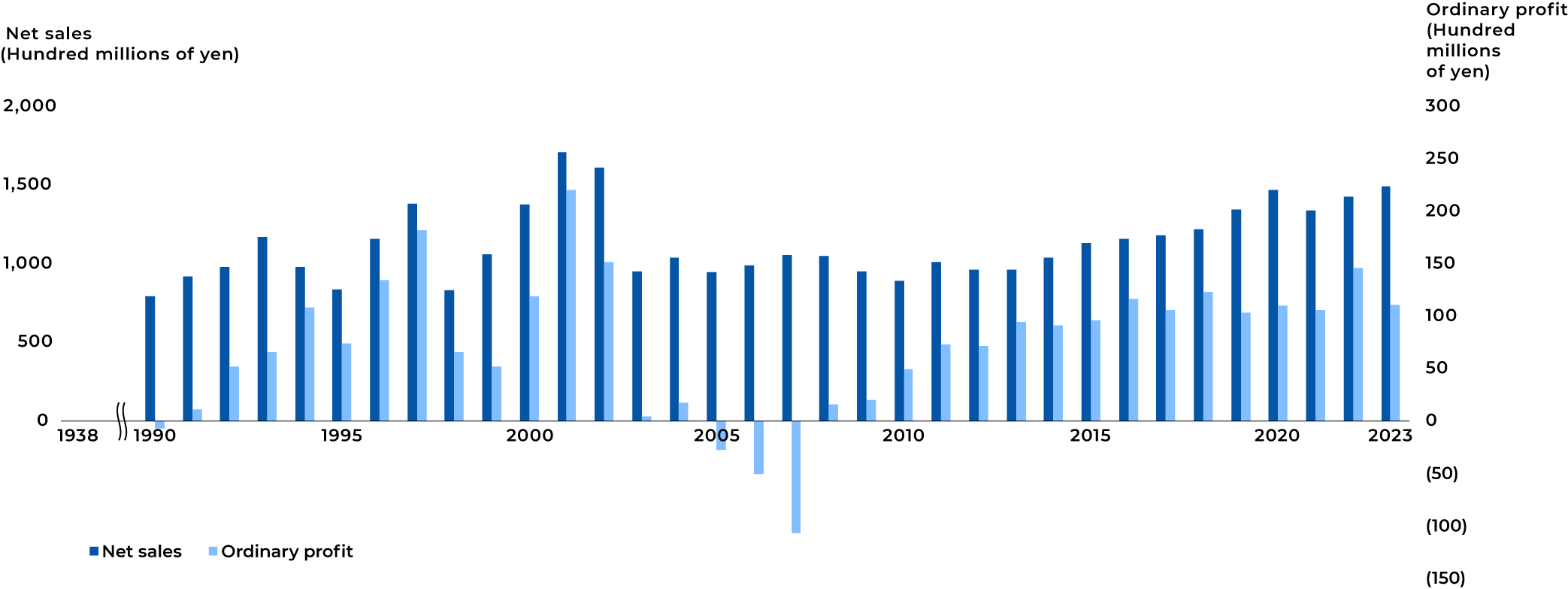
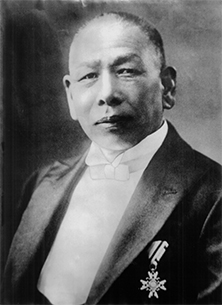
Founder Tsunekichi Takuma invented the first boiler entirely produced in Japan in 1912. The invention, which entered into wide use as a power source for all manner of factories, made a significant contribution to the development of the country at the time.
In 1938, Tsunekichi formulated the philosophy of “Serve society through boiler manufacturing” and founded Takuma. That founding philosophy continues to guide the company today as we work to contribute to society by closely aligning our technologies and service with customers’ needs.
Today, we provide a range of products and services that play essential roles as infrastructure, primarily in the environmental and energy field, including waste treatment facilities and biomass power plants that draw on our boiler technologies.
Our Founder Tsunekichi Takuma
Management Principles
We are particularly active in the design and construction of environment and energy plants and in the provision of after-sales service (through our engineering, procurement, and construction, or EPC, business and through recurring revenue model businesses).
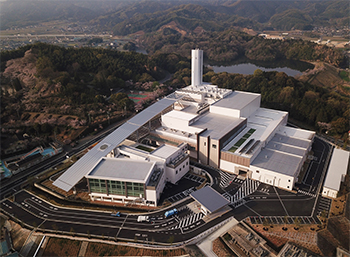
Among the services we provide to local governments are the design and construction of waste treatment facilities, including waste incineration plants, recycling centers, and biogas recovery plants (as part of our EPC business), as well as after-sales service. Our waste incineration plants, which are engineered to reduce waste volume while rendering it non-toxic and odorless through incineration, play an essential role as infrastructure in maintaining public health and a pleasant living environment, including by preventing infectious disease, eliminating toxic substances, and reducing unpleasant odors to prevent pollution of soil, water, and air. In addition, these facilities can harness waste as a resource instead of incinerating it, for example by recovering biogas and incorporating recycling processing. Municipal Solid Waste Treatment Plants
Since delivering Japan’s first fully continuous mechanical waste incineration plant in 1963, Takuma has supplied about 370 municipal solid waste treatment plants, more than any other manufacturer in Japan. In addition to supplying products and services that meet regional needs based on the technology and expertise that we have accumulated through a long series of improvements across more than half a century, we are working to further increase the value we provide by incorporating leading-edge technologies like Artificial Intelligence (AI) and the Internet of Things (IoT).
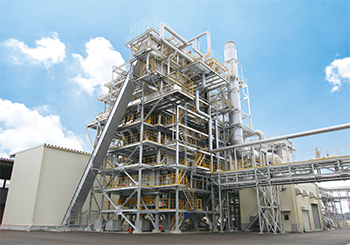
Our Energy Plant Business serves private-sector businesses by providing design and construction of industrial waste treatment plants and plants with equipment such as large boilers that supply heat and power necessary for production processes in an array of industries (as part of our EPC business) as well as after-sales service. We leverage our combustion technologies to utilize a range of materials previously treated as waste to fuel our boilers, including lumber offcuts, building waste, unused materials, and other biomass materials. Using these materials as fuel lets us lower customers’ costs while simultaneously obtaining energy in the form of heat and power needed for plant operation. Since using biomass as fuel helps reduce use of fossil fuels, we are able to contribute to the environment and society even as we bolster customers’ businesses. Boiler Plants Industrial Waste Treatment Plants
Since our founding in 1938, we have manufactured an array of boilers for industrial, power, marine, and other applications, and we have delivered more than 3,200 boilers throughout Japan and around the world. Over the course of our long history, we have helped reduce and eliminate dependence on carbon on the part of customers and society through the supply of plants that recover energy from a variety of biomass and non-fossil fuels such as wood, poultry manure, and RPF(Refuse derived paper and plastics densified Fuel) based on proprietary combustion and heat recovery technologies that we have improved and evolved together with customers.
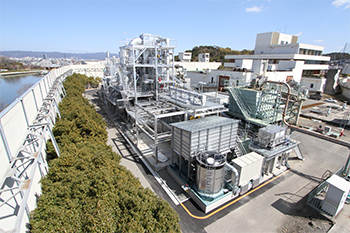
Our Water Treatment Plant Business serves local governments by supplying sand filtration systems, which are used in sand filters at sewage treatment facilities, and incineration and power generation systems that process sewage sludge. Water treatment technologies have been developed as a solution to the problem of pollution, for example in the form of water contamination, which accompanied Japan’s postwar period of high economic growth. In addition to sand filtration systems, which provide advanced treatment of sewage in order to meet demanding water quality standards, we support a healthy, clean water environment by supplying sewage sludge incineration and power generation systems that utilize sewage sludge from treatment processes as a source of heat and power energy. Water Treatment Plants
Since entering the water treatment field in 1962, we have accumulated technology and expertise by supplying water treatment plants and sludge incineration plants in a variety of fields, including sewage, human waste, and industrial wastewater. In recent years, we have been particularly focused on the sewage treatment field, and we are helping resolve customers’issues with unique technologies like an energy-saving and energy-creating sludge-fueled power generation system featuring low emissions of the greenhouse gas N2O and moving-bed sand filtration systems (Uniflow Sand Filter), of which we have delivered about 2,900 units since 1979.
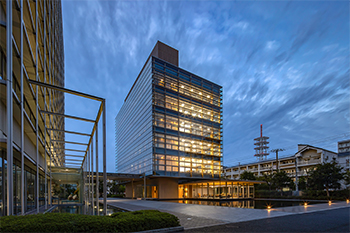
In addition to a power retail business that sells power generated by plants, we operate a number of other businesses that play key roles in society in the environment and energy field, including environmental measurement and analysis services and industrial waste treatment. Power Retail Business Environmental Measurement and Analysis Services Industrial Waste Treatment Business
The company is helping promote renewable energy power with a regional character in a way that takes advantage of the relationships that link Takuma’s customers and Group companies, for example by operating a business that facilitates the local production and consumption of power by supplying power generated by municipal solid waste treatment plants and biomass power plants to public facilities and other regional energy users.
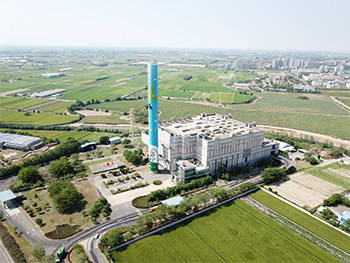
Our Overseas Environment and Energy Business is active in the design and construction of waste treatment plants and energy plants as well as in the provision of after-sales service, primarily in Southeast Asia.
As developing nations in the region contend with growing waste volume due to population and economic growth as well as urbanization, waste treatment is becoming a social issue due to challenges such as insufficient landfill space. Our waste treatment technologies can be used to create healthy, sanitary living environments. At the same time, demand for renewable energy is growing due to the twin imperatives of meeting increased power demand due to economic growth and addressing climate change. Takuma is helping create a stable supply of power while fighting climate change through energy plants that use a variety of biomass fuels, including bagasse, the material left over after sugarcane is pressed.
Since delivering a bagasse fired boiler to a customer in Taiwan in 1949, we have delivered more than 380 biomass boilers overseas, primarily to customers in Southeast Asia. Approximately 120 of those boilers were delivered in Thailand, primarily to sugar mills, highlighting how we have contributed to the development of the country’s sugar industry. We have also delivered a total of 17 waste treatment plants to customers in Taiwan, China, South Korea, and the UK since delivering our first such plant overseas in the U.S. in 1986.
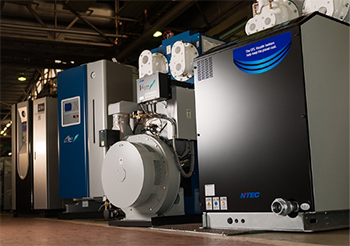
Group company Nippon Thermoener Co., Ltd., manufactures, sells, and provides after-sale service for heat-source products including steam boilers and hot water heaters. The company is leveraging its product line, which encompasses once-through boilers, vacuum-type hot water heaters, heat-transfer boilers, and hybrid hot water systems that are used as heat sources and in heating and air conditioning in a variety of fields, including production plants in various industries, shopping centers, hospitals, nursing care facilities, and hotels, to propose optimal systems that address customers’ heat-use issues while meeting their energy-saving needs. Nippon Thermoener Co., Ltd.
Over the many years since its establishment in 1961, Nippon Thermoener Co., Ltd., has supported consumer lifestyles as well as industry by accumulating extensive experience in an array of package boilers, a type of boiler, which are used in a variety of industries and applications. In an effort to accommodate the changing times and environment as a manufacturer specializing in heat source equipment, the company meets a diverse range of customer needs by developing new heat source systems such as hybrid hot water systems based on the technological capabilities and expertise it has accumulated over its long history.
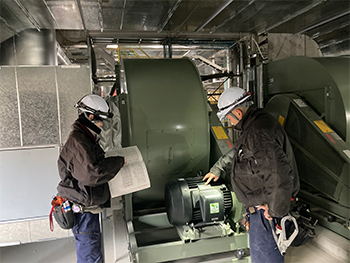
Group company Sunplant Co., Ltd., offers installation services for building equipment, including air-conditioning, water supply and drainage sanitation equipment. From shopping centers to hospitals, different types of buildings require their own, optimized environments (defined in terms of temperature, humidity, and ventilation). The company helps optimize those environments on a building-by-building basis through the design and installation of air-conditioning, water supply and drainage equipment. Sunplant Co., Ltd.
Sunplant Co., Ltd. was established as a boiler installation company in 1941. After entering the equipment construction business in 1965, the company began offering a variety of building equipment for use in education and research facilities, healthcare and social welfare facilities, commercial and cultural facilities, factories, railroad facilities, and other sites. In this way, it has supplied pleasant environments that are custom-made to suit a variety of applications and requirements based on the technology and expertise it has accumulated over many years.
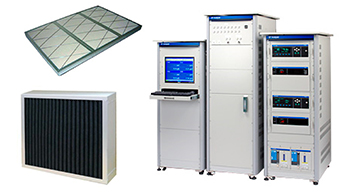
Group company Dan-Takuma Co., Ltd. sells and provides after-sales service for a range of equipment used by the semiconductor and electronic device industries. Semiconductors, which are essential in the manufacture of an array of electronic devices, must be manufactured in an extremely clean environment. The company draws on its extensive experience to create clean environments in response to customer needs through integrated services that extend from planning to maintenance of products including clean rooms that not only purify the air, but also provide precision control over temperature and humidity while helping reduce fluctuations in magnetic fields, as well as washing and drying equipment. Dan-Takuma Co., Ltd.
Since its establishment in 1969, Dan-Takuma Co., Ltd. contributes to the development of the semiconductor and electronic device industries by supplying an array of clean technologies, primarily to customers in the semiconductor industry, and by drawing on the high level of trust it has earned through its extensive track record of deliveries to develop products that are customized in collaboration with customers.
Out of our four segments, the Domestic Environment and Energy Business accounts for roughly 80% of net sales. Out of these net sales, the Municipal Solid Waste Treatment Plant Business accounts for around 50%, the Energy Plant Business 20%, and the Water Treatment Plant Business 10%.
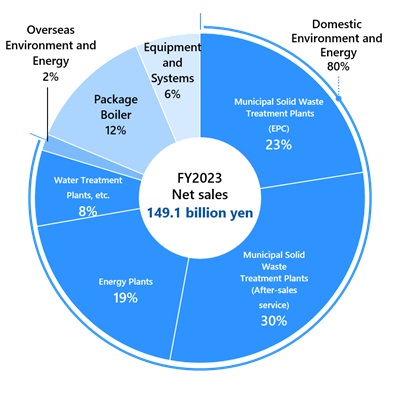
A plant is a facility that incorporates a range of production and other equipment engineered to meet specific goals and to deliver a specific level of performance. For example, municipal solid waste treatment plants are designed primarily to treat waste in an appropriate manner, while energy plants are designed primarily to create heat and electrical energy.
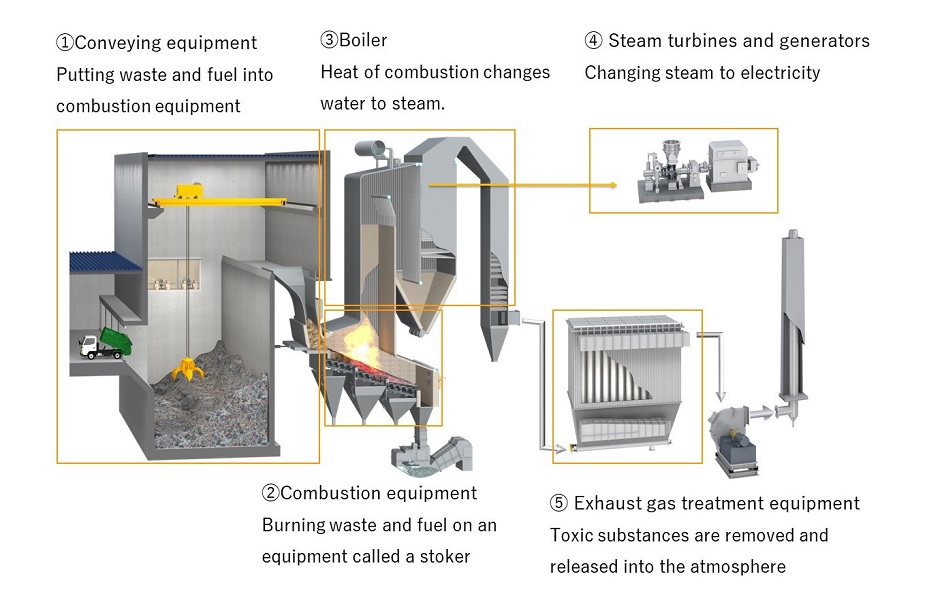

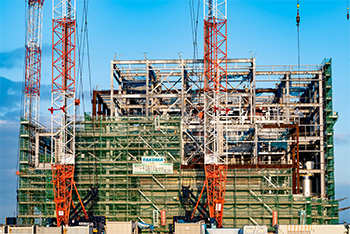
It takes approximately two to five years to build a plant and deliver it to a customer. After the contract is signed, the entire plant is designed, the necessary equipment is ordered from a supplier or manufactured at our plant, and then transported to the construction site.
As construction managers, we supervise the installation of equipment, piping, electrical work, and construction plants. In the test run after completion of the plant, each equipment and facility is inspected to ensure that they operate as planned, and then the plant's overall performance is checked. We will deliver the product to the customer after confirming the version of the product.
Plant engineering by TAKUMA
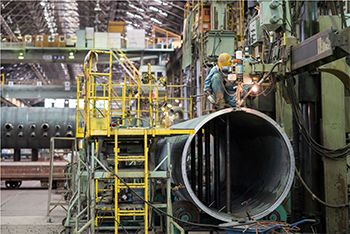
Since combustion systems (stokers), which burn waste and fuel, and boilers, which use the resulting heat to create steam, are proprietary Takuma technologies that impact plant performance, we produce them primarily at our Harima Factory.
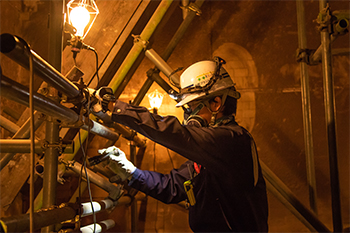
Plants delivered by the Company are required to operate in a stable manner long term for 20 and 30 years as important infrastructure that supports regional waste treatment and supplies electricity and heat.
By constructing plants that operate in a stable manner long term and providing ongoing after-sale services, we will support the administrative services and business activities of our customers and build relationships of trust.
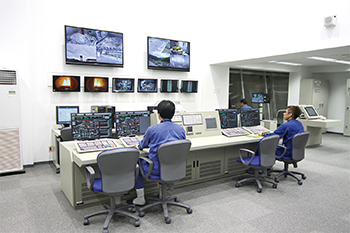
“Operation and maintenance” (O&M) and “design, build, and operate” (DBO), two approaches that hinge on comprehensive contracts for operation, management, and maintenance over a 10- or 20-year period from the standpoint of utilizing private-sector expertise, are becoming increasingly common in municipal solid waste treatment plant projects.
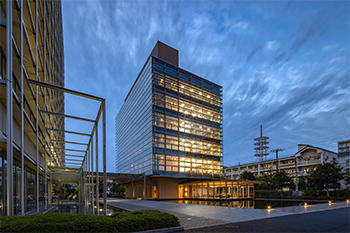
We’re developing a variety of services informed by a long-term perspective to supply value created by plants to society. Currently, we’re rolling out a Power Retail Business to supply renewable energy and CO2-free power created by plants.
A significant amount of renewal/remodeling work on municipal solid waste treatment plants was concentrated in the period up to around the year 2000. We developed our overseas business to make up for the diminished demand following this work, but we still recorded a significant loss.
In the latter half of the 2000s, we focused on establishing its footing in Japan and after-sales service, which would provide its earnings base. Demand for biomass power plants also increased rapidly, restoring stability to both net sales and profits.
